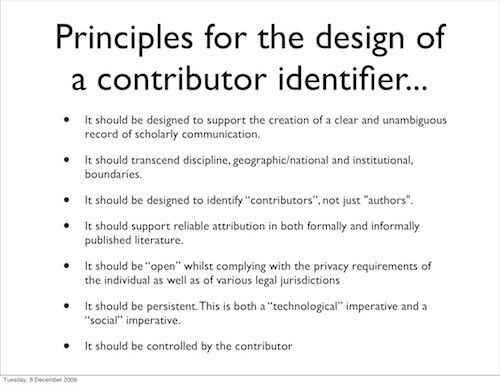Whereas most reference managers are either standalone applications and/or web-based, Zotero works as a Firefox plugin. This approach has many advantages, but is not for everybody.
Front Matter
Dear Scientist, last week you published an interesting article by Christian Specht about Mutations of citations. Dr. Specht found more than 600 wrong citations for the paper by Laemmli (Laemmli 1970), which has been cited at least 88633 times according to Scopus. Laemmli UK. Cleavage of Structural Proteins during the Assembly of the Head of Bacteriophage T4. Nature. 1970;227:680-685.
In March 2009 I posted an overview chart of how popular reference managers have implemented some important features. I’ve since updated this chart several times, and the chart probably has outgrown the format of a blog post.

Dear reader, two weeks ago I moved this blog from Nature Network to PLoS Blogs. I hope that most of my old readers have followed me here, and that I might even have a few new readers. Ed Yong recently talked about how he interacts with his many, many blog readers. One important strategy he uses is to ask his readers for feedback in regular intervals – he calls it delurking.

All science bloggers do a lot of reading for background information, or write blog posts based on a (newly published) paper, blog post or news item. So I thought that it would be a good idea to collect those references in a single place. Reading lists are perfect for this, and they are easy to create and maintain with web-based reference managers.
The Scholarly Kitchen is a group blog started by the Society for Scholarly Publishing in 2008. The blog posts by authors Kent Anderson, Phil Davis, David Crotty, Michael Clarke, etc. are an always interesting – and often thought-provoking – read about scholarly publishing. Two recent posts looked at peer review.
One of the main themes at the Science Online London Conference last weekend was data, with several sessions devoted to publishing primary research data, connecting scientific data from various resources, and a scientific experiment taking place before and during the conference (Green Chain reaction). David McCandless talked about Data Visualization, a fascinating way to filter and make sense of the enormous amounts of data that we produce.
Lanyrd is a new social directory for conferences launched just a few days ago. It integrates with Twitter to allow you to list conferences you are organizing, speaking at, attending, or just following. It is a social directory in the sense that everyone can edit this information (I don’t know who started the Science Online London 2010 page), and that you can see the conferences of your Twitter contacts.
On Monday Jenny Rohn published a blog post Peer review is no picnic that concludes: As always with Jenny’s blog posts, the discussion is as interesting as the blog post itself.
Last week BioMed Central published a draft position statement on open data (PDF). Iain Hrynaszkiewicz explained the statement on the BioMed Central Blog, including the five Ws of open data:Why make data more open?What data to make more open?Where to make data more open?When to make data more open?How to make data more open? Please comment on the statement.

This was the title of the session with Geoff Bilder , Gudmundur Thorisson and myself at the Science Online London Conference last Saturday. Geoff first introduced the ORCID initiative, including several principles. We then talked about two use cases for ORCID.